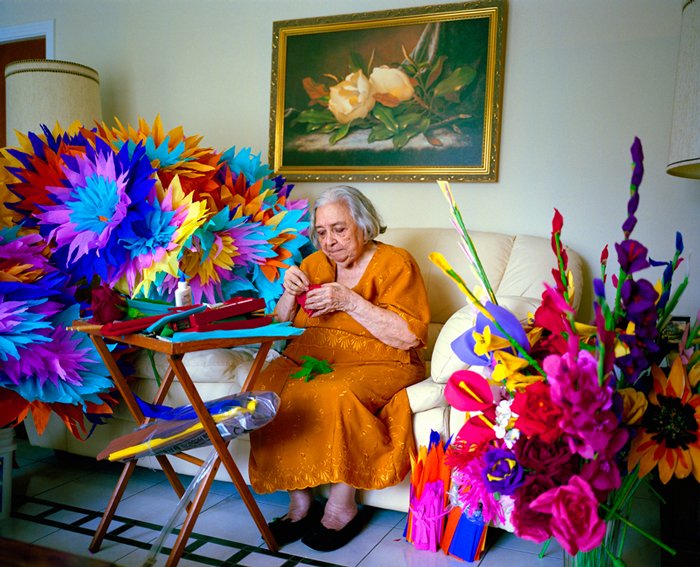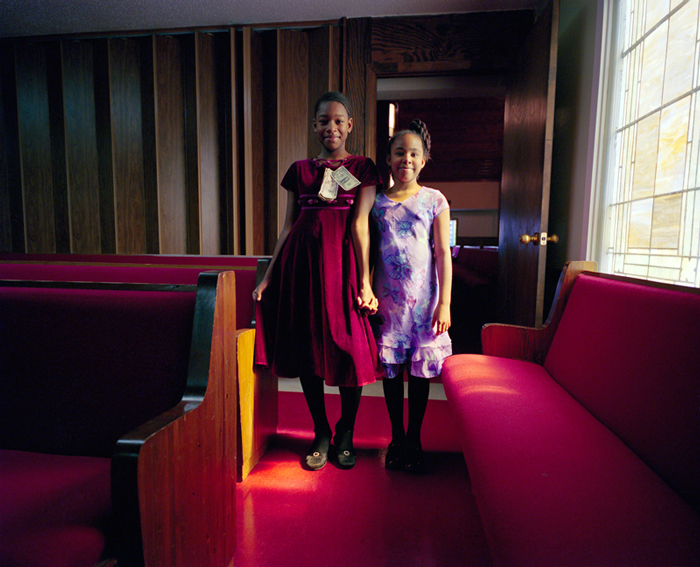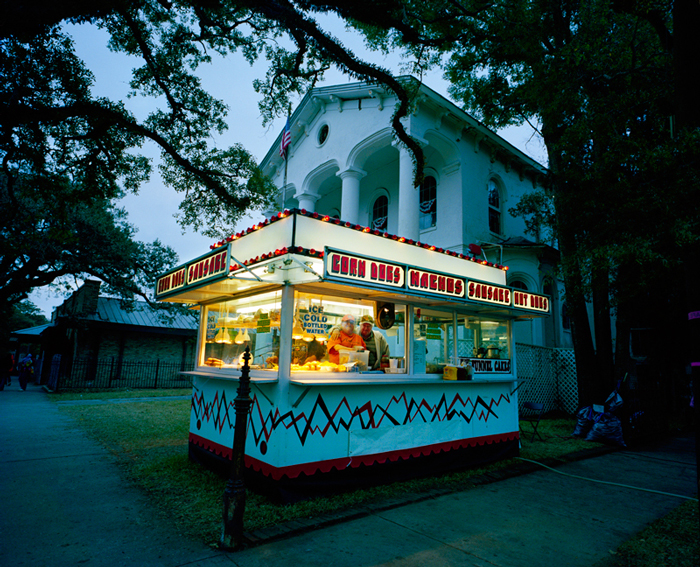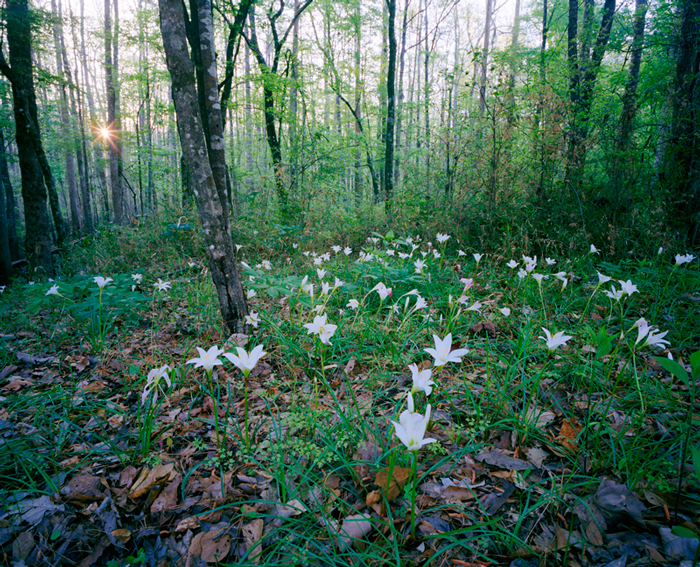
| |
 |
"The great American biologist and naturalist Edward O. Wilson has written frequently and beautifully about his Southern childhood, in books like Naturalist (a memoir) and Anthill (a novel). Now this Alabama-born scientist has teamed up with the photographer Alex Harris, who is from Georgia, to deliver a book, 'WHY WE ARE HERE: MOBILE AND THE SPIRIT OF A SOUTHERN CITY' (Liveright, $39.95), about Mobile, Ala., where Mr. Wilson spent much of his childhood. "The results are excellent if earnest. Mr. Harris's photographs are inquisitive, and Mr. Wilson's prose is similarly vivid. About the college where he has taught for many years, Mr. Wilson writes, 'I found it impossible to fall in love with Harvard.' He calls it 'too big, too fragmented, too complicated, and too little endowed with a sense of common heritage.' At heart, he writes, 'I am an Alabamian.'" —Dwight Garner, The New York Times (November 23, 2012)
|
| "The American South has always been a place apart, and the South's great historic port cities—Charleston, Savannah, Mobile, New Orleans, Galveston—have themselves always been somewhat exotic implants in that eccentric region. In this book, the great naturalist E. O. Wilson, who grew up in Mobile, and the photographer Alex Harris evoke and explore that exceptional city and its surroundings. Fittingly, they emphasize the striking semitropical flora and fauna of the Mobile area—'The city sits in the middle of the biologically richest part of North America,' Wilson asserts, home to 'the greatest diversity of aquatic organisms in America' and, yikes, some 40 species of snakes—and its astounding setting on the great, wide, nearly landlocked Mobile Bay. "But both authors concentrate on the city's equally idiosyncratic culture and history. Founded by the French as the original capital of French Louisiana, in 1702 (Mardi Gras has been celebrated nearly continuously there since), Mobile was subsequently governed by Britain and Spain, before becoming part of the United States in 1813—most records of the city's first 111 years are archived in Paris, London, Madrid, and Seville. Mobile's Catholic population was historically the largest in the South, outside of New Orleans (the city has the South's oldest Catholic college), and Jews played a prominent role in the city's political and cultural life (Mobile's congressman in the early 1850s was Jewish, as were two of its mayors). "For much of its history, the city, located on one of the continent's great natural harbors, was essentially surrounded on three sides by nearly impenetrable wetlands and forests, which even today, Wilson says, make up 'one of the largest surviving wildernesses in the eastern United States.' Mobile's geography, as Wilson notes, exerted an 'isolating effect' on the city's relationship to the rest of the country, even while making Mobile unusually open to the rest of the world. The upshot, revealed in this uncommonly effective marriage of photographs and text, is a place at once deeply southern and more than a bit foreign." ―The Atlantic (September 2012): 116. |
|
 |
"Pulitzer Prize–winning naturalist and Harvard professor Wilson (On Human Nature) and acclaimed photographer and Duke University professor Harris (River of Traps) team up to convey the spirit of Mobile, Ala., through text and images. Wilson writes of his childhood in Mobile and recounts the complicated heritage of his hometown in a sprawling essay that weaves personal, social, economic, political, and natural history. . . .Harris's intimate pictures beautifully capture quotidian moments, offering a context for the diverse characters, lush landscapes, and events, traumatic and joyful, that define Mobile today: a high school football team marches arm-in-arm; a tiger swallowtail hesitates in a verdant meadow; a Civil War re-enactor poses with Confederate memorabilia; two outstretched arms, one black and one white, point toward the infinity of the Gulf of Mexico's horizon. A hybrid document meant to be as much about 'the meaning of place as it is about a place itself,' the book is a thoughtful meditation on community and storytelling that reminds us we will never understand ourselves until we know where we come from." ―Publishers Weekly |
All content © GFT Publishing. All rights reserved. Cannot be reproduced without permission. Website designed by Morgan Pfaelzer.

